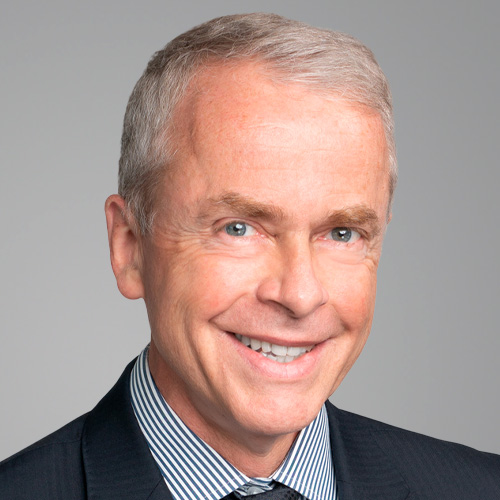Asian Private Banker, Audrey Raj (02.11.2023) - Since Eric Morin took over as head of Southeast Asia, UBP has significantly expanded its team of relationship managers, rapidly increasing its headcount for Southeast Asia as part of its ambitious strategy to capitalise on wealth opportunities in key markets like Singapore, Indonesia, Malaysia, and Thailand.
The RM team in Singapore has grown “by over 50% since the beginning of 2023”, according to the wealth management veteran who assumed the role in November 2022.
Formerly UBP’s North Asia head and Hong Kong branch CEO, Morin initially joined the bank in Hong Kong in 2015 from Safra Sarasin. During his tenure from 2016 to 2021, he revealed to Asian Private Banker that their AUM in Hong Kong grew threefold.
“We significantly grew the business and the team, while retaining the existing staff at the same time, which was very important to ensure some stability and that delivered successful numbers,” he said.
Now, Morin is looking to bring the same success to UBP’s Southeast Asia business. The strategy is to expand in the Southeast Asian markets, where he believes the current penetration is slightly below UBP’s target expectations.
“We plan to do this by supporting our bankers to deliver optimal solutions to clients in a favourable ecosystem, enhancing their efficiency and external performance. We successfully implemented this approach in Hong Kong and aim to replicate it in Singapore due to the similarity in client needs.”
As of end-2022, UBP managed US$19.7 billion in Asia and had about 90 bankers in the region, according to APB Insights’ estimates.
Fastest growing pure play
Within Southeast Asia, Singapore stands out as the top priority market for the bank, which is seeing more Chinese, Taiwanese, and Filipino clients choosing the city-state as their preferred offshore private banking centre. Even clients in the Middle East are booking in Singapore, Asia CEO Michael Blake shared at the Asian Private Banker Summit 2022 last December.
“Singapore is especially popular among single-family offices. Because we are family-owned, we believe we can add value to clients in this space, to contribute based on our own experience,”Morin said.
In Singapore, UBP has an onshore presence, while its businesses in Indonesia, Malaysia and Thailand are designed around the offshore model, where it offers expertise to clients seeking international wealth management.
Morin has set ambitions to be the “fastest growing pure play in Southeast Asia,” and believes they can make a difference. They set themselves apart in “product categories such as hedge funds and private equity, which are clear differentiators for UBP compared to others,” he said.
Moreover, beyond these capabilities, he feels they set themselves apart through the bank’s ability to attract a talented pool of bankers. “We primarily hire senior bankers. As we are long-term-driven, we don’t prioritise a minimum book size but rather focus on the right fit. In other words, we hire bankers based on their strong client relationships,” he added. APB estimates show that an RM in UBP manages on average US$216 million in Asia.
In addition, the bank is focusing on further digitalising the bank, streamlining account opening processes, introducing digital signatures for documentation, and enhancing client relationship management tools.
According to Morin, UBP doesn’t see technology solely as a path to a future dominated by robo-advisors; instead, it views it as a critical tool for the bank, differentiating how it utilises technology to make administration less painful for clients and increase efficiency.
Hong Kong vs Singapore
When asked about whether Singapore or Hong Kong will emerge as the leading private banking hub in Asia, Morin replied “Both are very complementary. You cannot rely solely on one or the other as they address different needs.”
He sees China as the primary potential hub for wealth management in the upcoming years. Chinese businesses may opt to register their assets in Singapore due to certain perceptions, yet they still maintain accounts in Hong Kong.
“Interestingly, there hasn’t been a substantial movement of funds between Hong Kong and Singapore. Clients often open accounts in Singapore but don’t consistently transfer funds from Hong Kong,” Morin explained.
“Hong Kong is a key market for us, given its resilience and strategic location, which make it an ideal destination to attract Chinese investments. This complements Singapore’s more international focus.”
UBP strongly believes that demand for international wealth management provided by centres such as Hong Kong, Singapore, Dubai and Switzerland will increase, particularly among UHNW clients, who tend to have multi-jurisdictional needs, CEO Guy de Picciotto told Asian Private Banker during his recent visit to Singapore.









